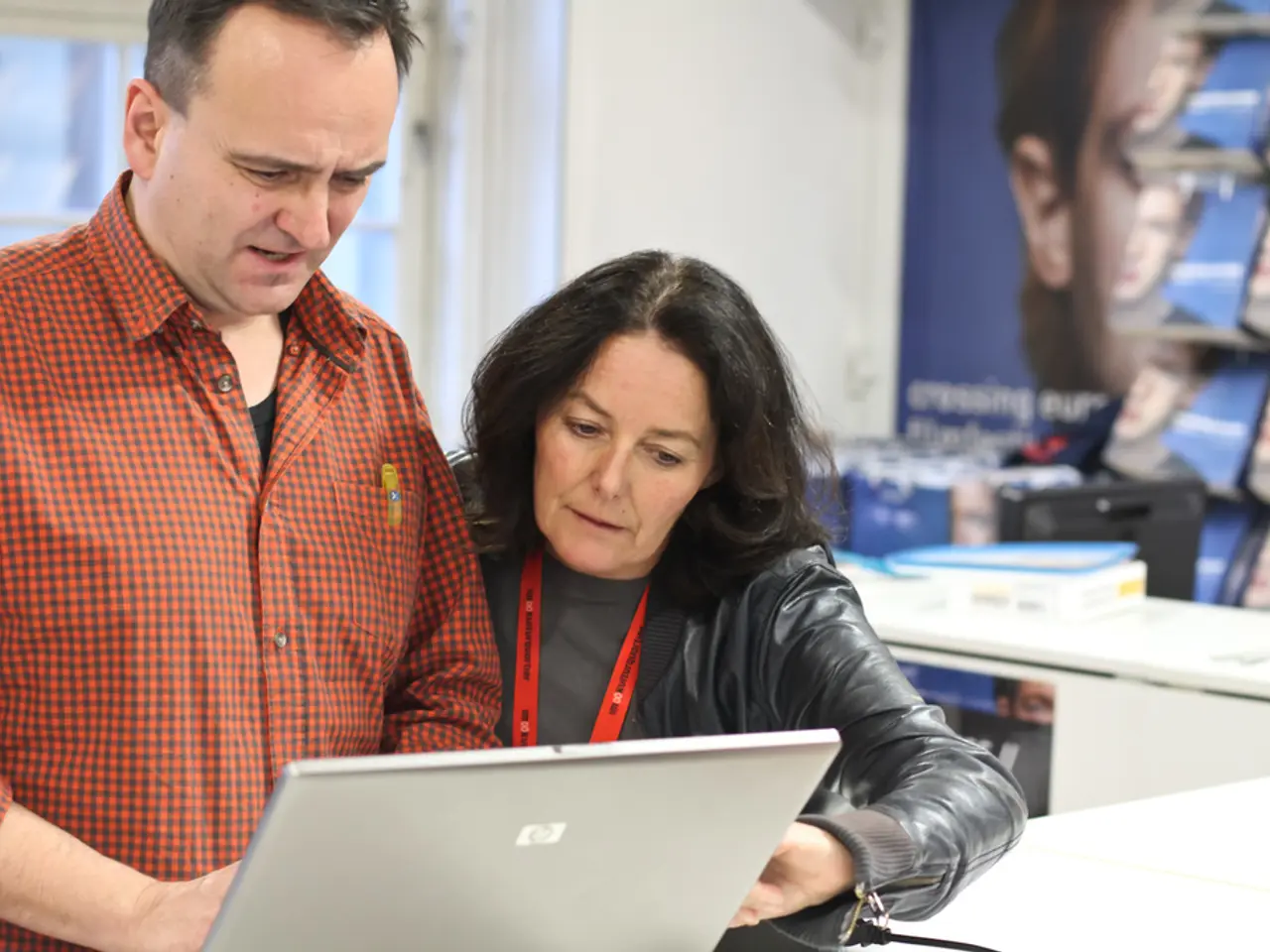International Partnership Initiated: Singapore, Kenya, and the UK at the Forefront of Revitalizing the Voluntary Carbon Market
Singapore, Kenya, and the United Kingdom have formed a new international coalition with the mission to inject investor confidence into the Voluntary Carbon Market (VCM), a market that has suffered from credibility issues and a decline in demand due to concerns over credit quality and greenwashing.
The coalition, which also includes founding members France and Panama, with Peru endorsing its mission, is based on a clear set of shared principles designed to promote the voluntary use of high-integrity carbon credits by businesses. These principles are intended to restore trust and provide businesses with the confidence and incentives necessary to participate more actively in the VCM.
One of the key shared principles is ensuring high integrity and quality of carbon credits by aligning with existing frameworks such as the Integrity Council for the Voluntary Carbon Market’s (ICVCM) Core Carbon Principles, which set global quality thresholds for carbon credit supply.
The coalition also aims to provide consistent guidance and guardrails internationally, promoting transparency and cohesion in the voluntary carbon market to reduce reputational and legal risks that have hindered corporate participation.
Another objective is to support rapid climate action at scale by directing finance to projects that reduce emissions cost-effectively, while delivering social and environmental benefits such as employment opportunities and ecosystem restoration. The coalition also positions the VCM as a financial engine for sustainable development, particularly for developing countries that can attract much-needed climate finance without increasing their debt burden.
The coalition plans to release a common set of principles for the corporate use of offsets by COP30, which will be held in Brazil later this year. The coalition's goal is to boost demand for high-integrity credits among corporations, as the VCM has shrunk by over 60% from its 2021 highs due to investigations exposing poor quality credits and fraudulent carbon projects, and the rollback of US climate commitments.
Singapore's Minister for Sustainability and the Environment, Grace Fu, stated that the city-state will play a significant role in developing the VCM as a financial and services hub. The city-state has clarified that its compliance scheme allows the republic's biggest polluters to use credits from carbon projects in the seven host countries they have negotiated bilateral agreements with to offset up to 5% of their taxable emissions each year.
The coalition is chaired by Ali Mohamed, Kenya's special climate envoy, and Rachel Kyte, the UK's special representative for climate. The coalition's efforts are supported by international business councils including the International Chamber of Commerce and the World Business Council for Sustainable Development, ensuring that the principles are informed by business needs and experiences.
The VCM has a fragmented landscape of policies and standards, with over 15 carbon crediting standards covering more than 100 active methodologies. As more jurisdictions introduce their own compliance schemes, many expect the compliance markets to converge with the VCM in the coming years. The head of the world's largest carbon credit certifier Verra expects this convergence to take place, which could further boost investor confidence in the VCM.
[1] The Straits Times, "Singapore leads coalition to boost demand for high-integrity carbon credits", 1st June 2025. [2] Reuters, "New international coalition aims to revitalize voluntary carbon market", 1st June 2025. [3] Financial Times, "Coalition to position voluntary carbon market as engine for sustainable development", 1st June 2025. [4] Carbon Brief, "Investor confidence in voluntary carbon market needed to tackle climate change", 1st June 2025.
- The coalition, comprising of Singapore, Kenya, the United Kingdom, France, Panama, and Peru, aims to restore trust in the Voluntary Carbon Market (VCM) by aligning with the Integrity Council for the Voluntary Carbon Market’s Core Carbon Principles, which set global quality thresholds for carbon credit supply.
- One of the key objectives of the coalition is to support climate action at scale by directing finance to projects that reduce emissions cost-effectively, while delivering social and environmental benefits, positioning the VCM as a financial engine for sustainable development, particularly for developing countries.
- The coalition plans to release a common set of principles for corporate use of offsets by COP30, to boost demand for high-integrity credits among businesses, addressing the concerns over credit quality and greenwashing that have hindered corporate participation.
- The coalition, chaired by Kenya's special climate envoy Ali Mohamed and the UK's special representative for climate Rachel Kyte, will work closely with international business councils such as the International Chamber of Commerce and the World Business Council for Sustainable Development, ensuring that the principles are informed by business needs and experiences.




